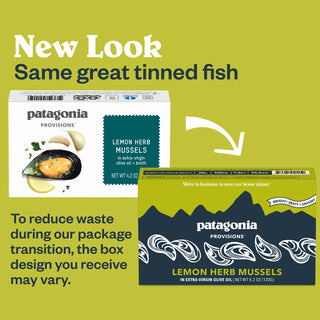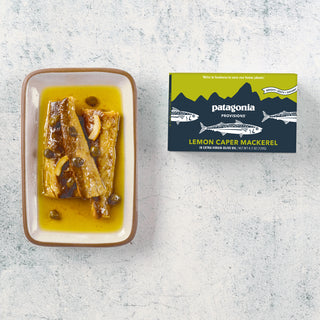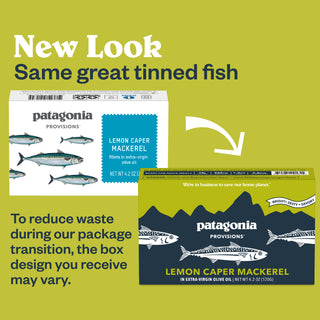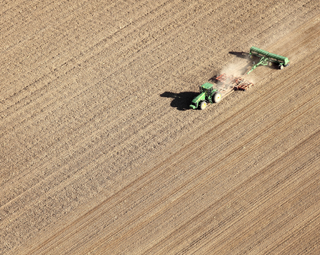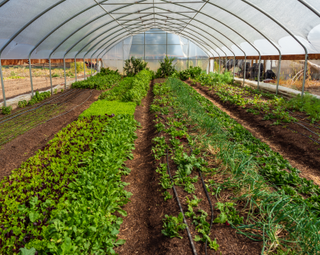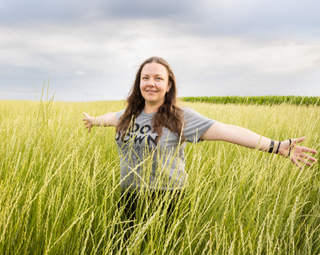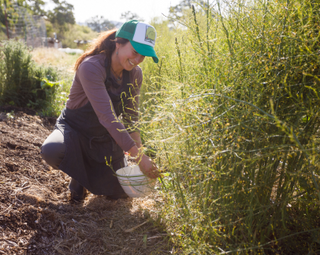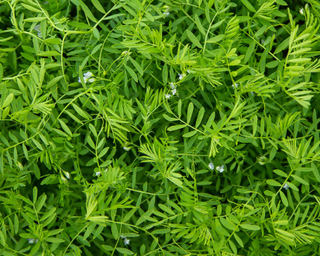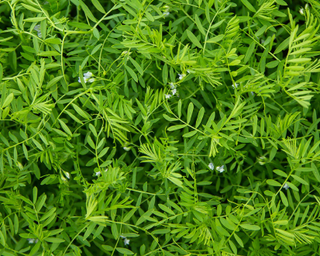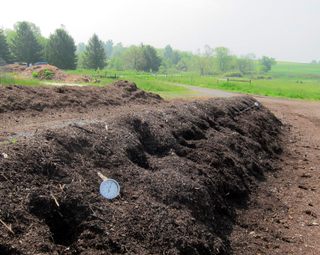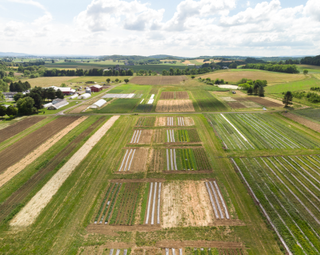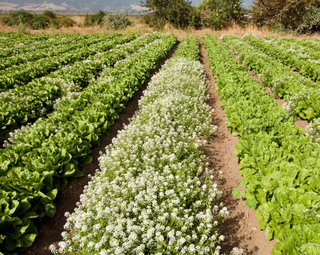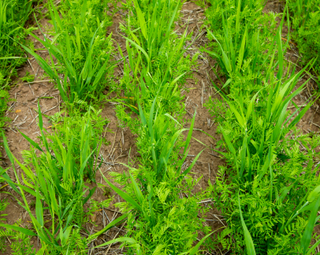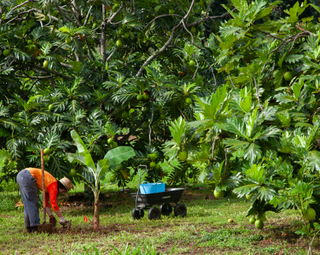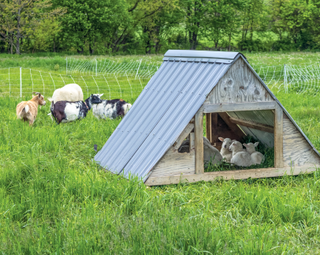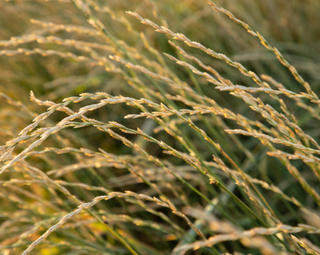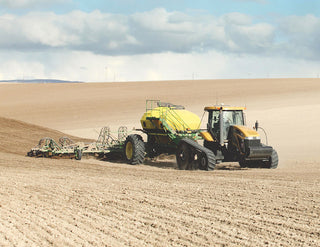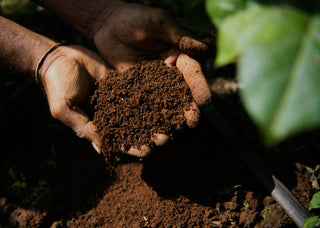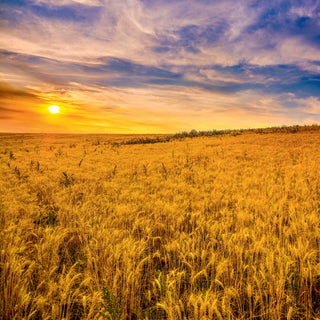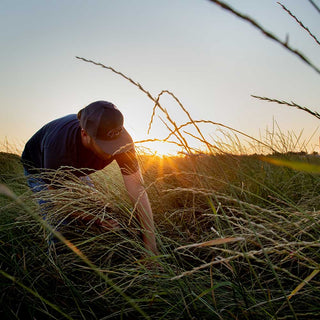
What is Regenerative Organic Agriculture?
Regenerative organic farming goes beyond sustainable. It steadily improves the health of the earth and everything that lives on it, including us.
James Bowden works the Kernza® field at The Land Institute, Salina, KS. Photo by Amy Kumler.
The Way Forward
We can turn agriculture from a problem into a solution.
The Rewards of Regenerative Organic
When an agricultural system is healthy, many benefits flow. These are some of them.
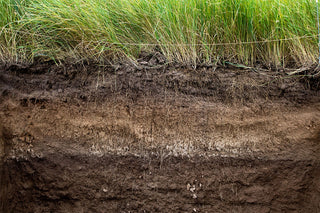
Restored Top Soil
If we keep farming conventionally, the world’s topsoil, which produces nearly all our food, could disappear within 60 years, according to the United Nations. Regenerative organic farming creates thriving populations of microbes, which break down organic matter (dead plants) into topsoil. Also, regenerative organic systems like agroforests and no-till farms planted with perennials have well-developed roots that keep topsoil from eroding.
The deep root systems of Kernza®, a wheatlike perennial grain, at The Land Institute. Salina, KS. Photo by Amy Kumler.
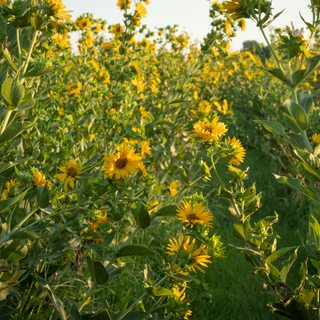
A Climate We Can Handle
Regenerative organic systems are rich in trees, perennials and living, microbe-rich soil. Trees and perennials (such as certain cover crops) excel at drawing down carbon dioxide, a major greenhouse gas causing the climate crisis. They drip it through their roots into the soil, where microbes ingest the carbon and store it in the ground. Regenerative organic systems are also better at coping with effects of climate change like drought and flooding.
Sunflowers, one of many soil-restoring perennial crops at The Land Institute. Salina, KS. Photo by Amy Kumler.
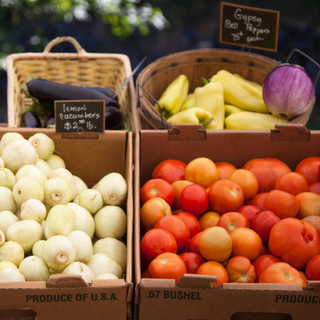
More Nutritious Food
Evidence suggests what common sense has always told us: that fruits, vegetables, nuts and grains regeneratively grown in rich, organic soil contain more nutrients. Eating a tomato grown with these practices, for example, can deliver more cancer-fighting flavanoids than one raised conventionally.
A farmer's market bounty. Photo: Amy Kumler
Regenerative Organic Farming Practices
Relying on ancient traditions—many of them indigenous—and layering in modern science, we can restore balance and health to our home planet and ourselves.
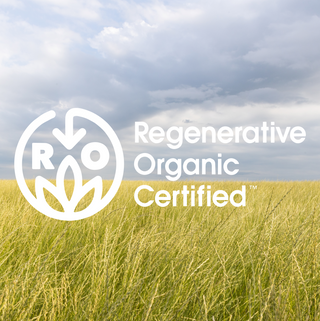
Regenerative Organic Certification
In 2017, we partnered with several other brands, including Dr. Bronner’s and the Rodale Institute, to establish Regenerative Organic Certified®, the world’s highest-bar organic designation for food and fiber. To be Regenerative Organic Certified, farms must meet stringent standards for soil health, animal welfare and worker fairness. Well over 5 million acres of farmland are now certified around the world.
A field of Kernza® perennial grain. Madison, MN. Photo by Amy Kumler.



